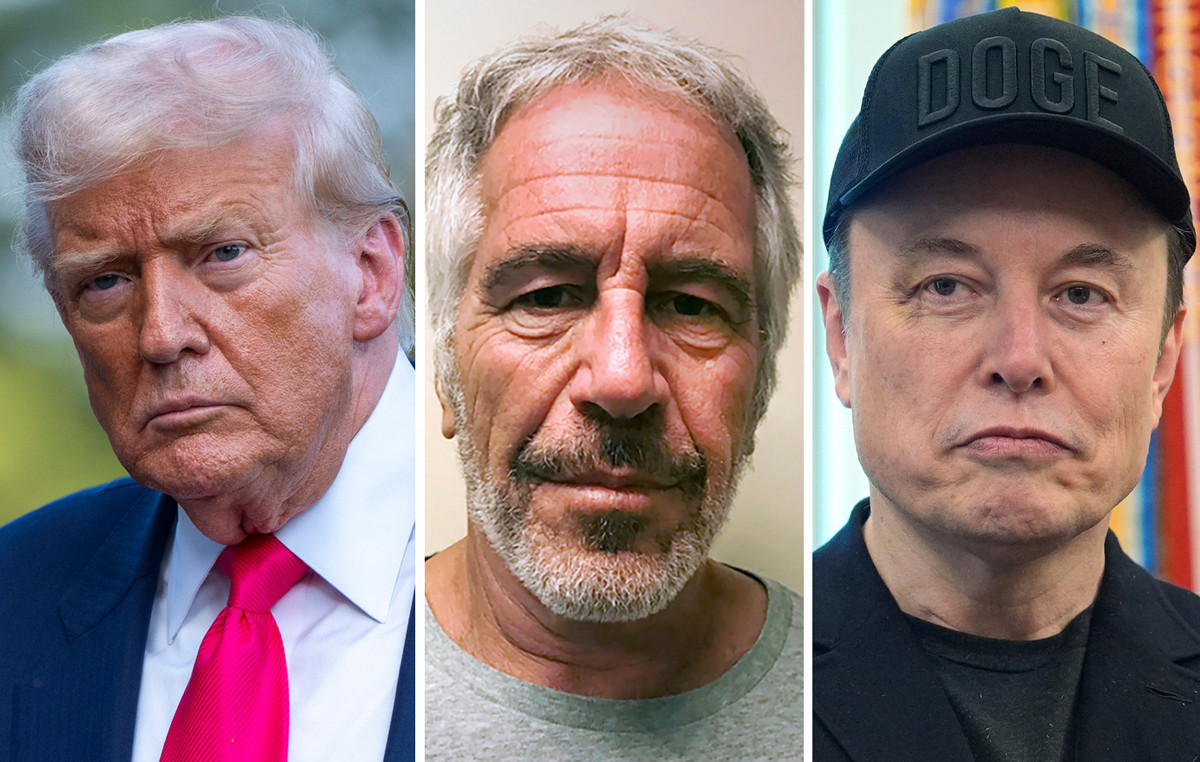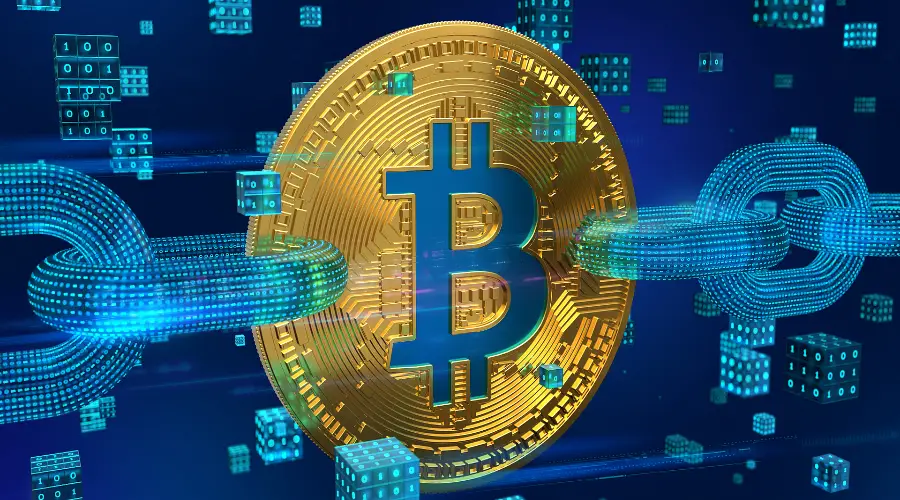After a flight of foreign capital in April and May, when BRL 13.8 billion left the Brazilian Stock Exchange, and a lukewarm scenario in June and July, when BRL 2.3 billion entered, the first days of August registered a change. In 15 days, foreign investors injected R$ 11 billion into B3, helping the stock market to recover – in the month, the Ibovespa, the main stock exchange index, rose 10%.
The change in expectations regarding the deceleration of the global economy – which could be milder than initially estimated – and the deterioration of the political and economic scenario in other emerging countries have favored the inflow of international capital into Brazil.
According to economist Silvio Campos Neto, from Tendências Consultoria, in the last 20 days the bet has grown among economists and analysts that the Federal Reserve (Fed, the American central bank) will not need to increase interest rates so aggressively to hold back inflation. . Thus, the risk of a recession in the US decreases, and investors are more likely to take risks and invest in emerging markets such as Brazil.
“There is a view that the Fed may not need to continue raising interest rates next year and that the rate could stay at 3.5%,” says Campos Neto. He also recalls that Brazilian assets were cheap, which attracts foreign investors.
Among the reasons, the stock strategist at XP, Jennie Li, includes the results of companies in the second quarter, both in Brazil and abroad. Of companies in the S&P 500, about 70% made a profit above market expectations. Partial data from Brazil also indicate that 70% of companies should present better operating results than those projected by XP analysts.
For ACE Capital’s equity manager, Tiago Cunha, the political and economic situation of countries that compete with Brazil for investments favors the Brazilian stock exchange. “Perhaps we are in a slightly better situation than emerging countries like Russia, Chile and Colombia, for example.” In Chile, the new Constitution may burden foreign investment. In Colombia, the economic direction under the new president, Gustavo Petro, is still uncertain; and Russia is in the middle of a war.
Analysts note that it is not possible to predict whether this trend will continue. Campos Neto, from Tendências, warns that foreign investors may just be taking advantage of an opportunity and end up selling their assets quickly “Even because Brazil will have a troubled election”, he observes. “So, we don’t know if they are making a more short-term bet or if it’s something more concrete because they consider that, regardless of who wins the election, the country doesn’t usually let things get completely out of control.”
Source: CNN Brasil
I am Sophia william, author of World Stock Market. I have a degree in journalism from the University of Missouri and I have worked as a reporter for several news websites. I have a passion for writing and informing people about the latest news and events happening in the world. I strive to be accurate and unbiased in my reporting, and I hope to provide readers with valuable information that they can use to make informed decisions.







